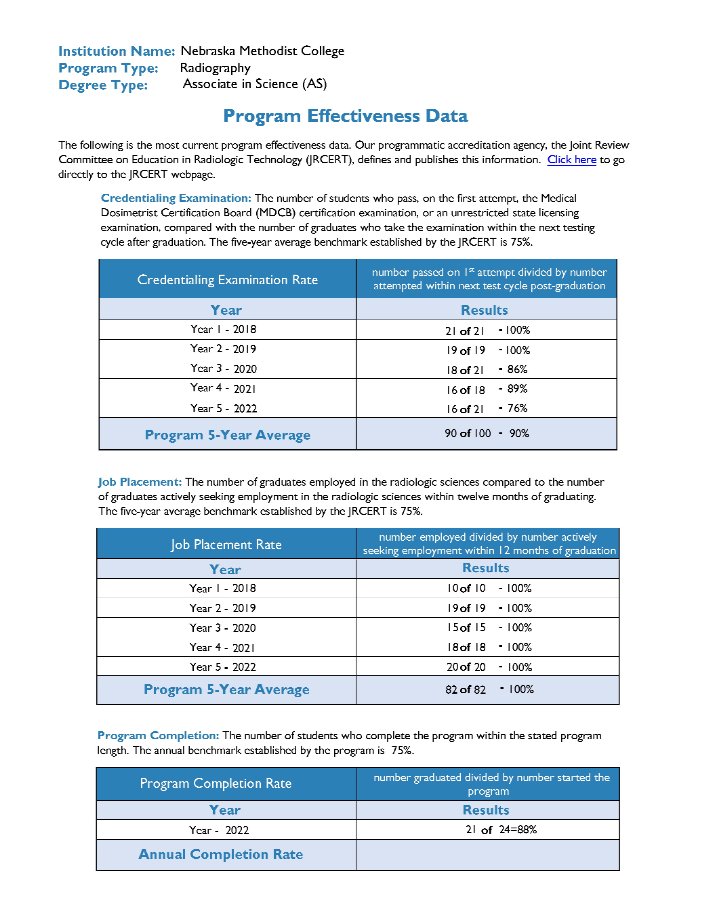PSY 101 INTRODUCTION TO PSYCHOLOGY
This course offers students an engaging introduction to the essential topics in the field of psychology. Throughout this scientific study of human behavior and the mind, students will survey and gain insight into the history of the field of psychology, as well as explore current theories and issues in areas such as wellness, emotion, cognition, motivation, perception, consciousness, social and personality, and memory.
PSY 215 LIFESPAN DEVELOPMENT
The Lifespan perspective involves several basic contentions: development is life-long, multidimensional, multi-directional, plastic, historically embedded, multi-disciplinary and contextual. Three imperative developmental issues are explored: maturation and experience, continuity and discontinuity and stability and change. Students study how humans develop and how they become who they are.





